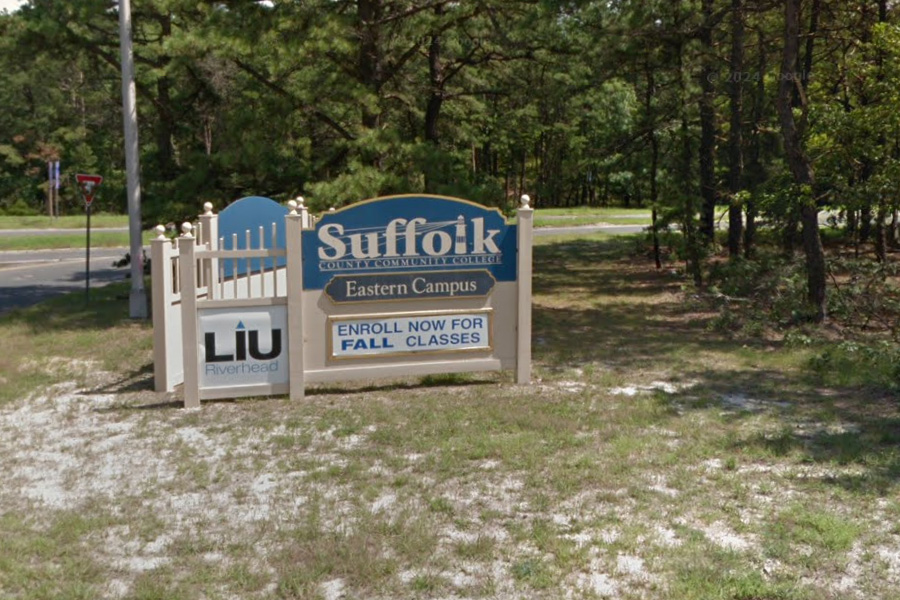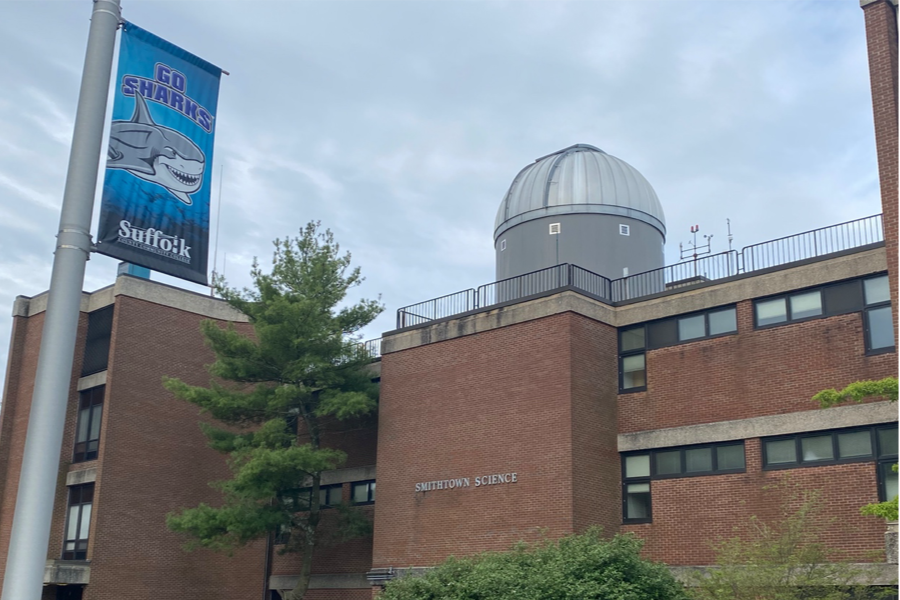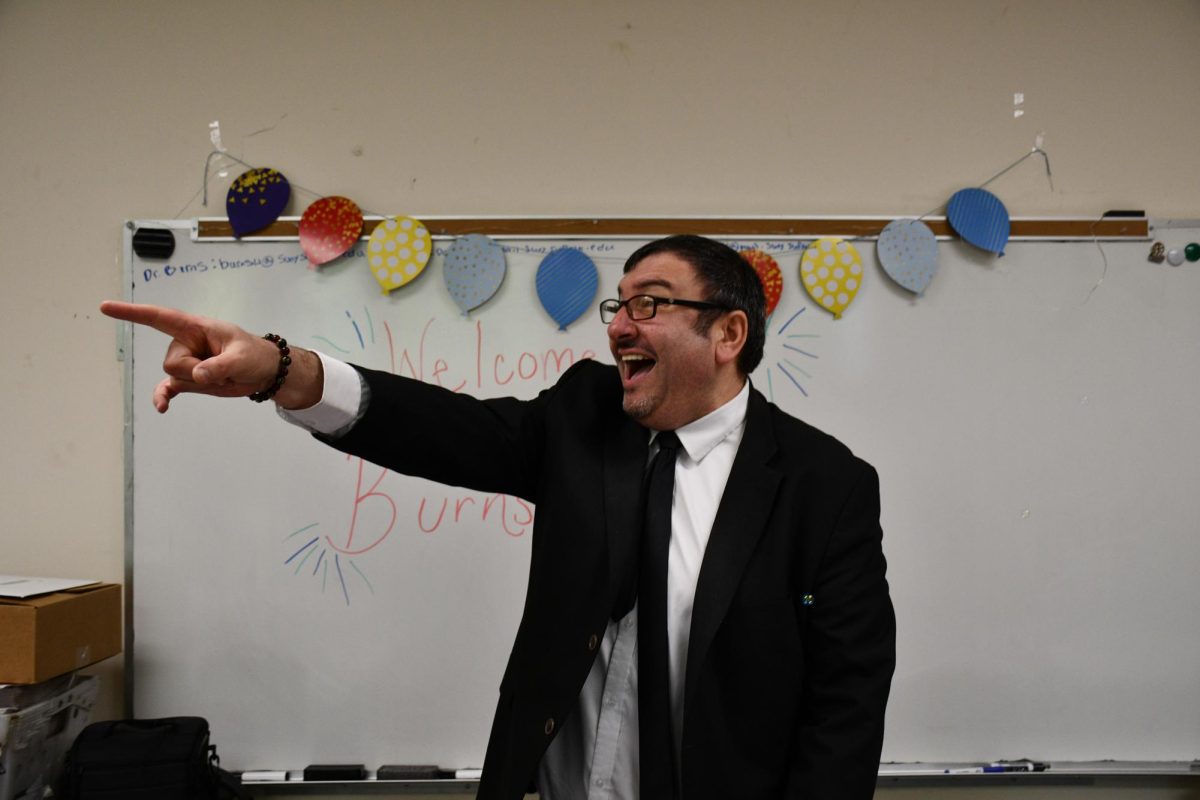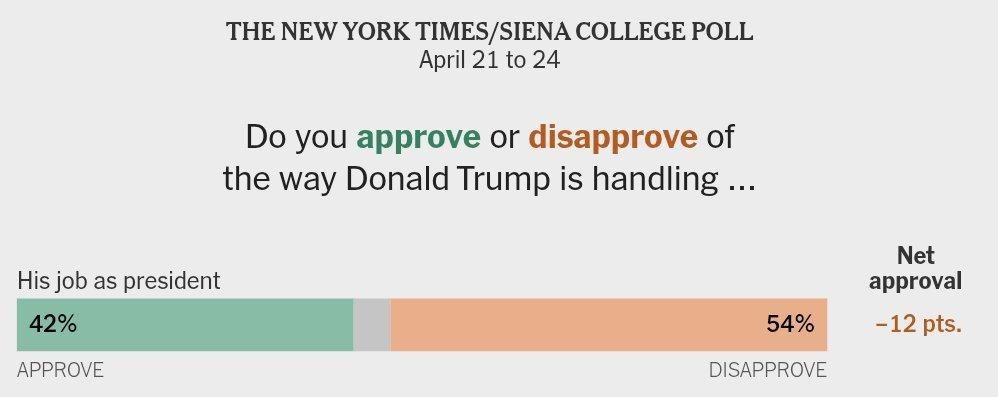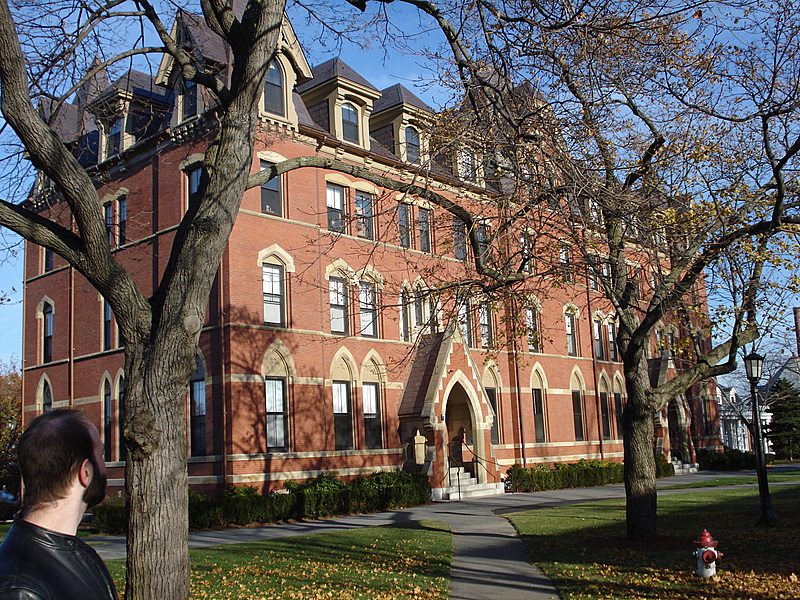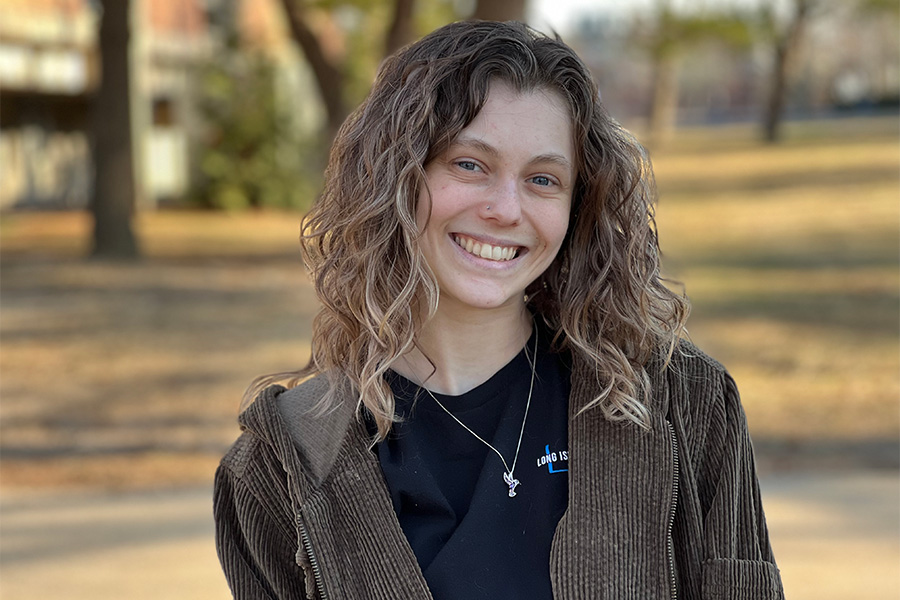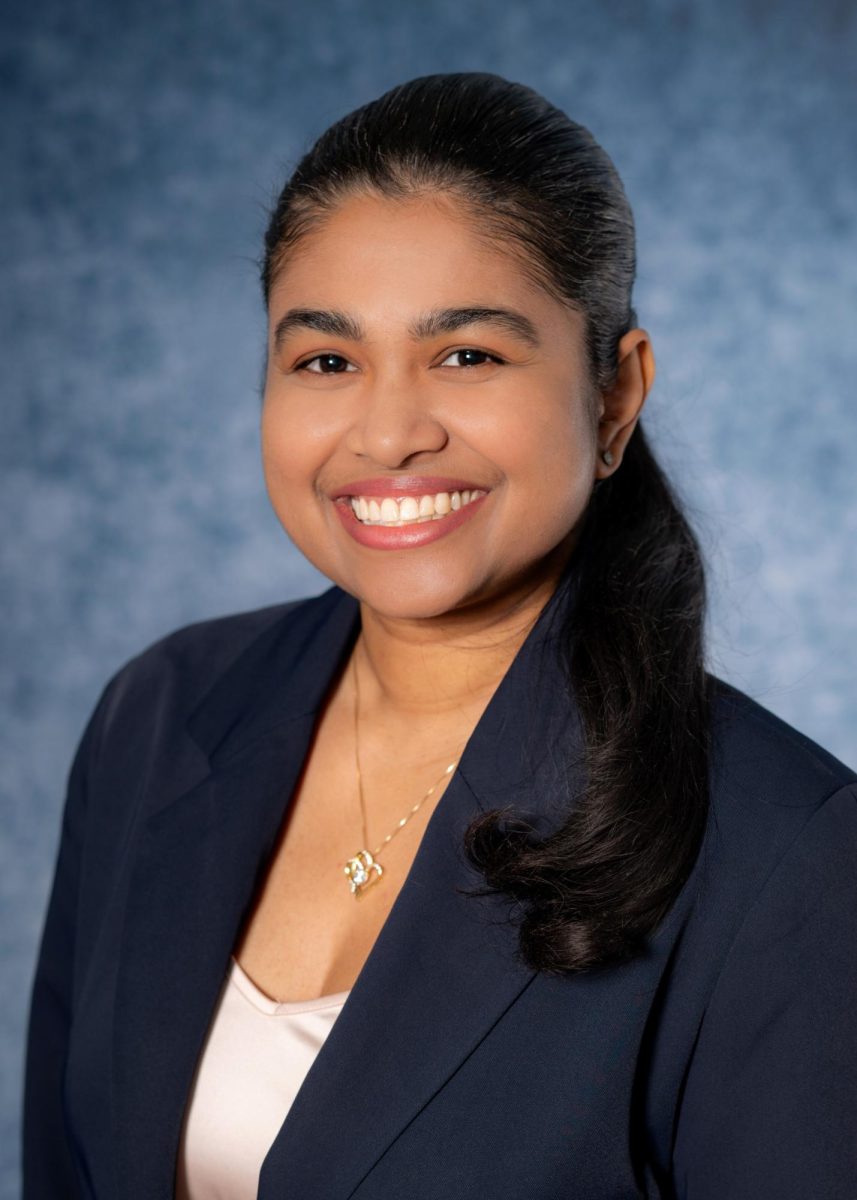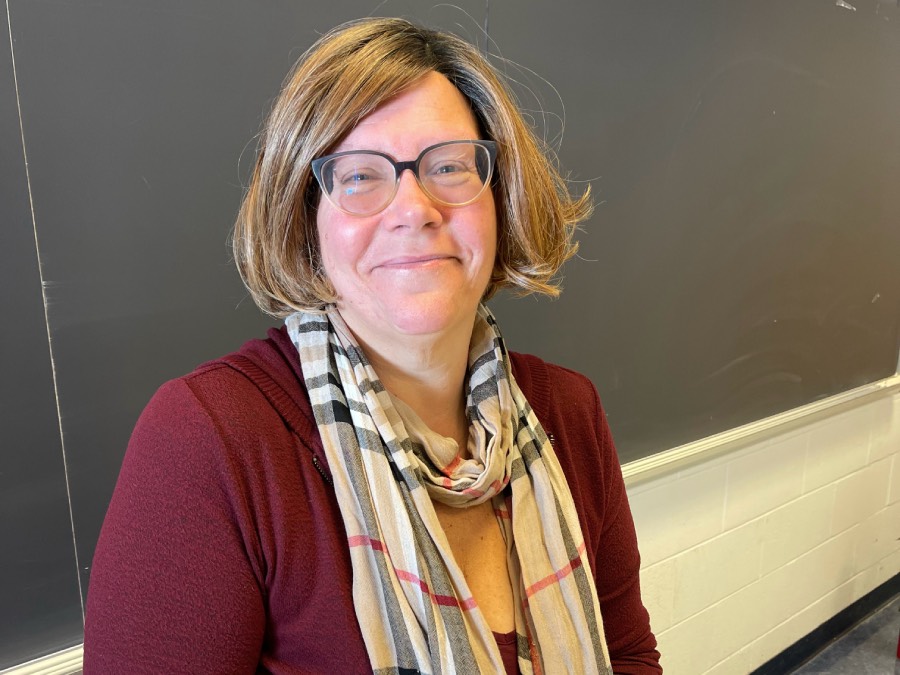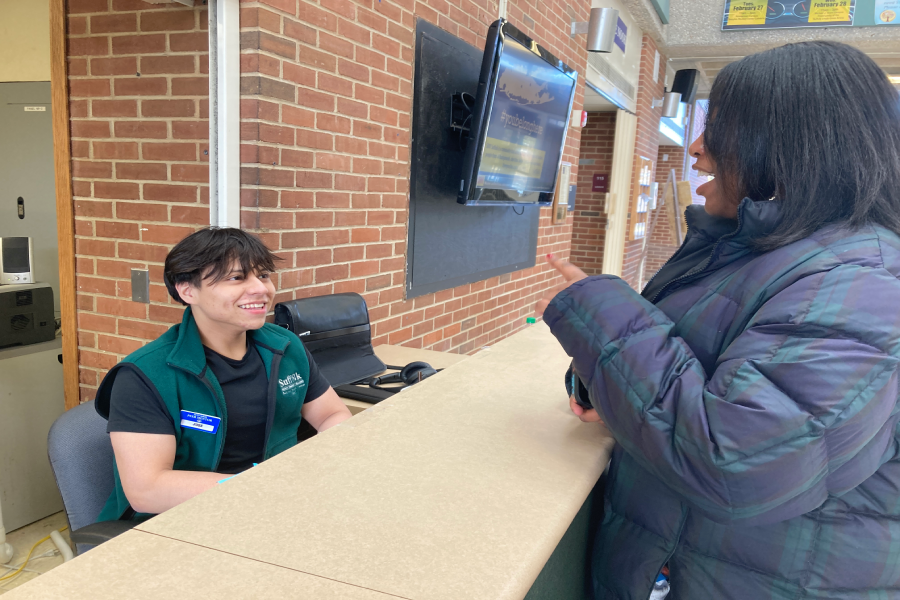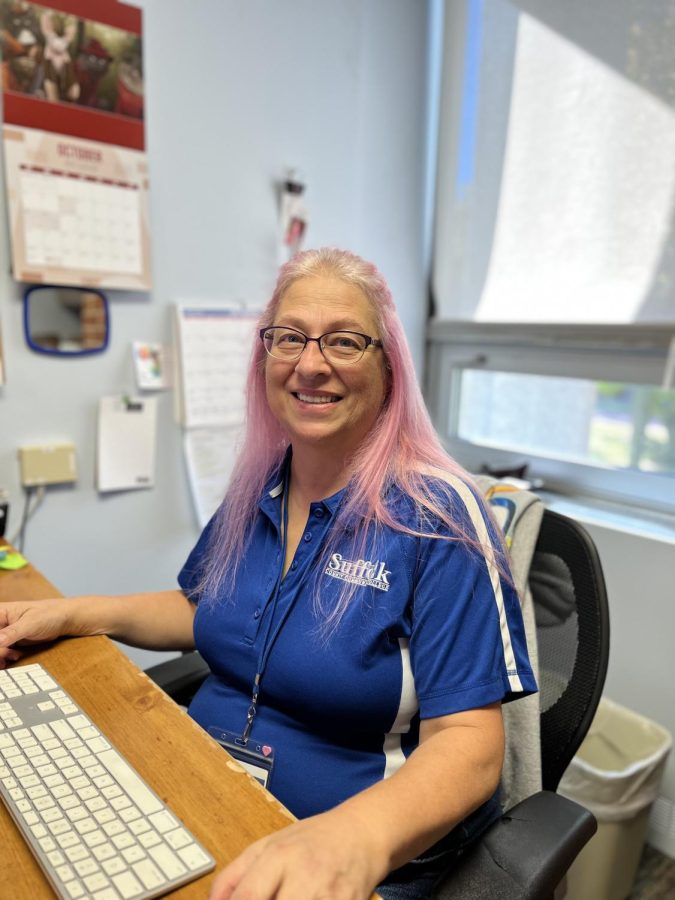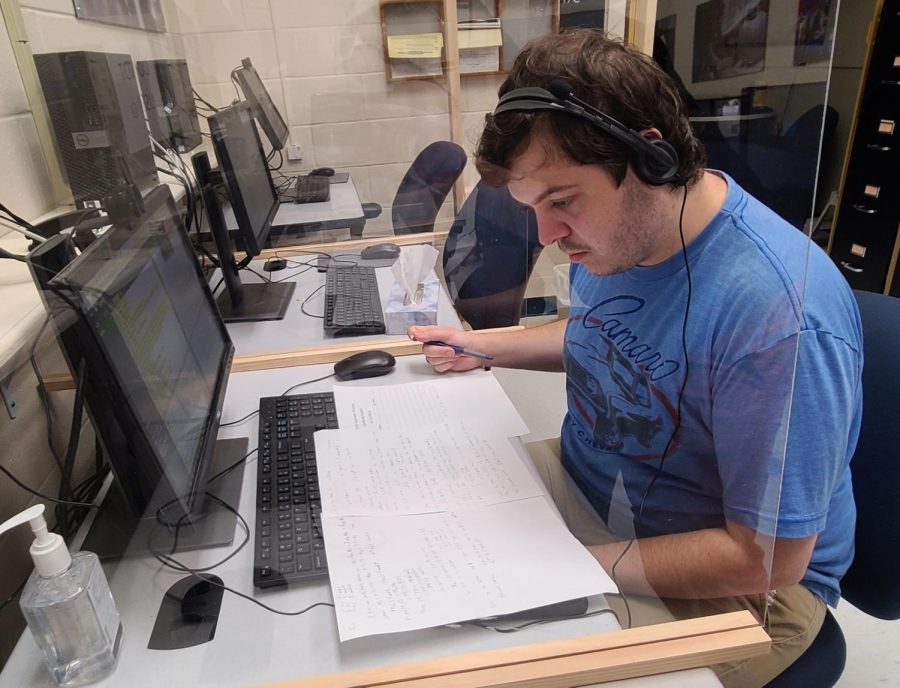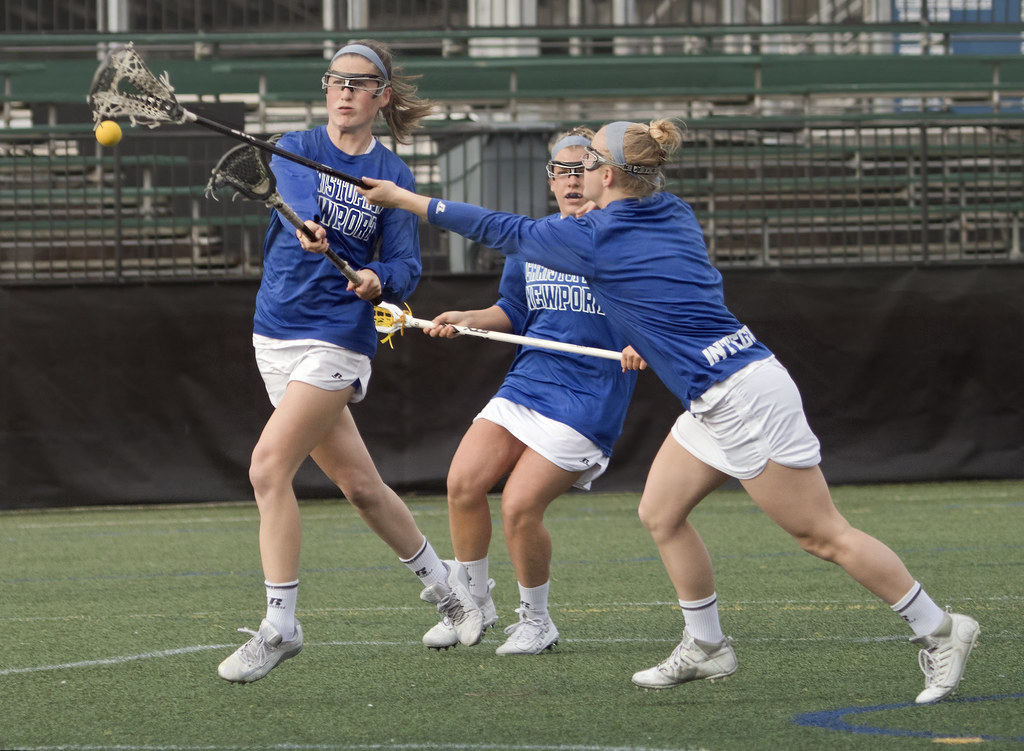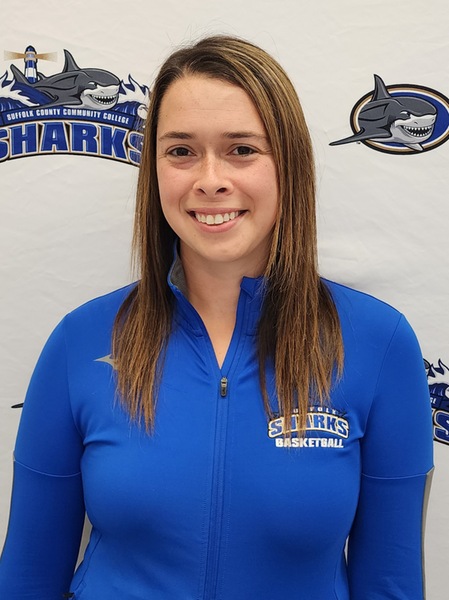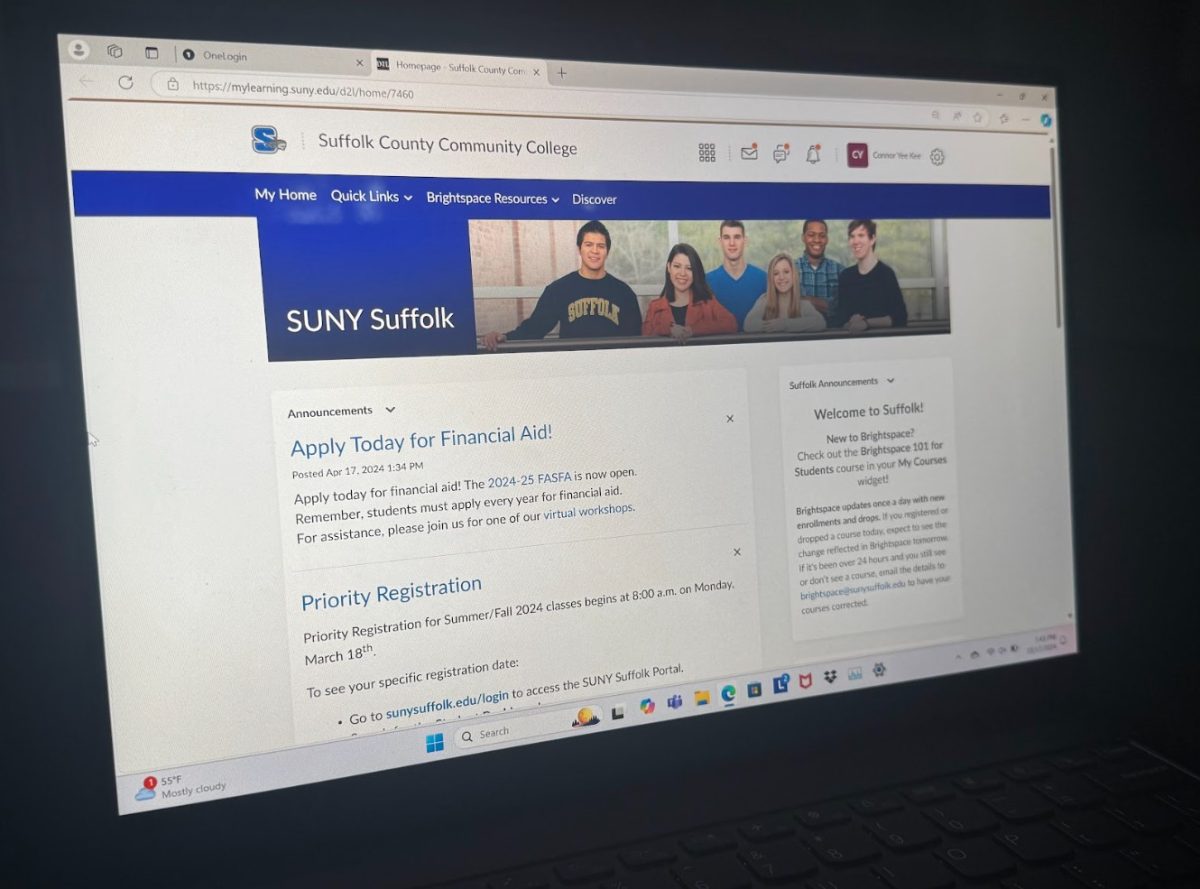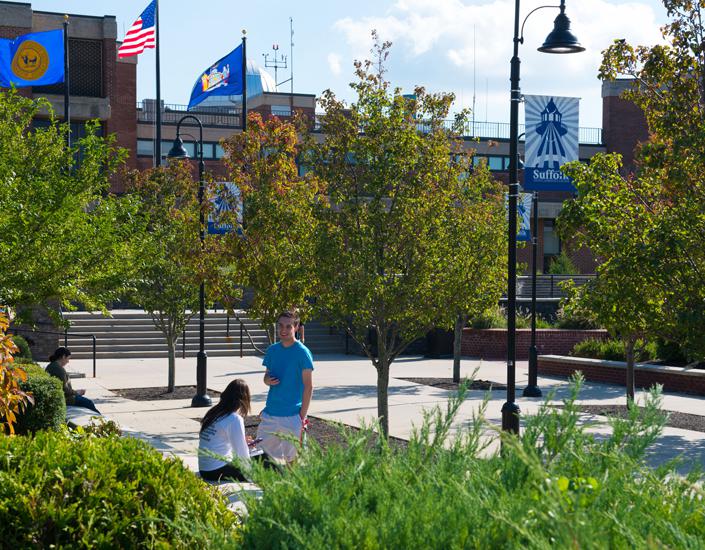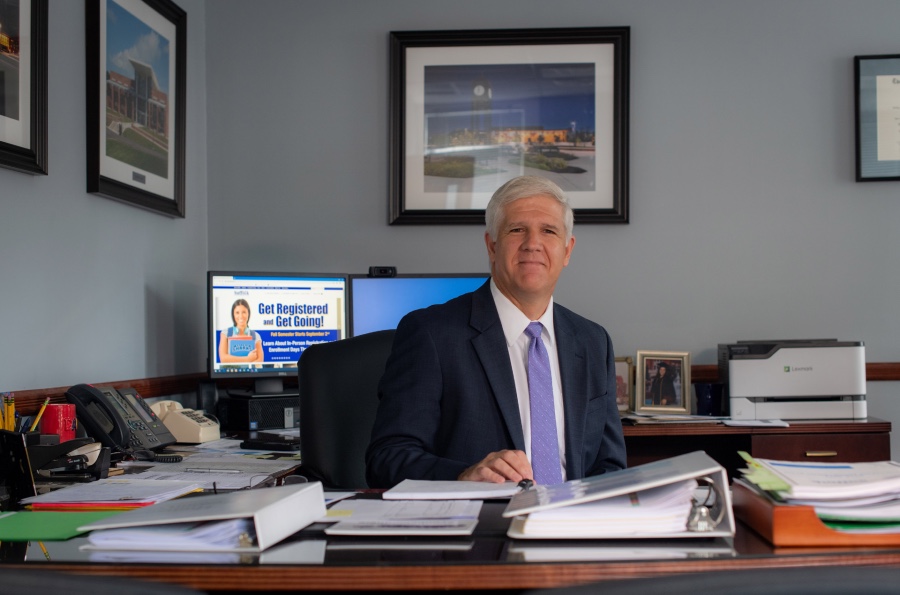In a wide-ranging interview with Compass News, Suffolk County Community College President Edward Bonahue, in his third year at the helm of SUNY’s largest multi-campus community college, discussed how the school, which faced a $12.4 million budget shortfall this year and has seen an overall enrollment drop of 25% since its 2016 peak, is focused on “running as efficiently as possible.”
Bonahue spent 20 years in the community college systems in Florida, including serving as the chief academic officer at Santa Fe Community College.
A Setauket native who graduated from Ward Melville High School, Bonahue said he was alerted to the open president position at Suffolk by his friends in the SUNY system. He was chosen for the job in July 2021.
“I was glad to have the opportunity to come back to Suffolk County,” he said.
Recent enrollment growth
Under Bonahue’s tenure, for the first time in nearly five years, in spring 2023 the college experienced a year-over-year enrollment increase of nearly 3%. The increase amounted to 367 students, from 13,982 to 14,349 students, according to a college press release, citing institutional enrollment data. The college’s full-time equivalent, a measurement that converts all enrollment into a common standard, also increased 1%.
That enrollment increase trend has continued this academic year.
“Community college enrollments nationally have been in a multi-year decline,” he said. The number of students graduating from high schools has been going down a little bit every year,” Bonahue said. “In the last two years, we’ve been able to stabilize that and even grow a little bit.”
Nationally, community college enrollment numbers picked up in the spring and fall semesters, according to the National Student Clearinghouse.
Bonahue credited the school’s faculty as the chief reason for the recent enrollment stability, praising their focus on keeping current students at the college.
“Our faculty are working really hard to make sure we retain every student that comes in the door,” he said. “We’ve done a lot in the last two years to focus on retention, so even though the number of students graduating from high schools has been slowly going down, our retention of our students has gone up.”
“Good quality teaching in the classroom is a retention effort that I believe our faculty are able to perform,” said Dante Morelli, president of the Faculty Association, the faculty’s union. “We have small class sizes compared to some of the bigger schools out there.”
Despite the increase in enrollment, the school’s board of directors still saw the need for a 3% increase in fall 2023 to $6,270 per year. Bonahue said this was a result of multiple causes.
“We were due for a tuition increase. Last spring the board said, ‘Look, inflation is running 6%, the cost of business is up, and we have the lowest tuition of any university on Long Island. We need to start catching up.”
The school faced a $12.4 million budget deficit this academic year, forcing the school to tap its reserves. Bonahue said that “in general, the budget is healthy. We have considerable reserves that we’re not using right now, but we do have a budget deficit and we’re trying to make progress on closing that deficit.”
Class size minimums enforced
One way to make sure the college is running efficiently is to ensure that classes that are conducted are worth the cost of running them, Bonahue said, which means that classes need to have a minimum of 15 students. Otherwise, the money being allocated into certain classes is not worth it to the school, he said.
“Part of the reason of focusing on the efficiency of schedules, saying courses have to have at least 15 students in them, is to make sure we are running as efficiently as possible,” Bonahue said.
More online options
Like most colleges around the country, Suffolk has expanded the number of online courses to accommodate students’ expectations following the Covid-19 pandemic.
“Before Covid, the college was very traditional, and we didn’t offer much in the way of online classes,” he said. “[After Covid] we find that students expect sometimes to be able to have some options where they might wanna choose an online class. For a lot of courses, you can deliver all the content and have a very engaging experience in an online class.”
Bonahue said the school “learned how important it is to provide remote services to students like academic computing services and advising. “Coming out of Covid, we’ve been able to preserve the flexibility [of options].”
However, the shift to being an online-friendly school has its drawbacks. Cheating has become a rampant issue that plagues many colleges and primary schools throughout the country.
“If we’re gonna offer more online courses, we have to be sure there’s an academic integrity associated with those courses and students don’t take them just because they’ll be easy,” Bonahue said.
Course evaluations
With the news that the Ammerman campus’s Student Government Association passed a resolution to seek course evaluations, Bonahue said he supports the concept, but understands it’s a complex issue.
“I’ve met with the student government association from each campus, and each one has asked that the college implement end-of-semester course evaluations. I’ve talked to all three student governments, and I’ve brought back those conversations to the faculty senates at each campus, and pointed out that if we’re gonna be serious about asking students for feedback about how we can improve, we need to have end-of-semester course evaluations.”
Bonahue noted that important considerations are holding up the course evaluations from being implemented as soon as students might hope.
“To do course evaluations well, you have to have an instrument that asks the questions students want to answer and faculty wants to know. You need to have a method for delivering that evaluation, and you have to have a way of compiling the results and sharing them with faculty.”
Bonahue said the project is going to stretch into the next school year.
Looking ahead
Bonahue said he is looking ahead to more improvements and more additions to the college for students, as long as they’re economically viable.
“One of the things that’s really important to me is that the college doesn’t stand still and that we continue to look for new opportunities to serve students and serve Suffolk County. At the same time that we’re trying to run efficiently and economizing, we don’t want to stand still.”
